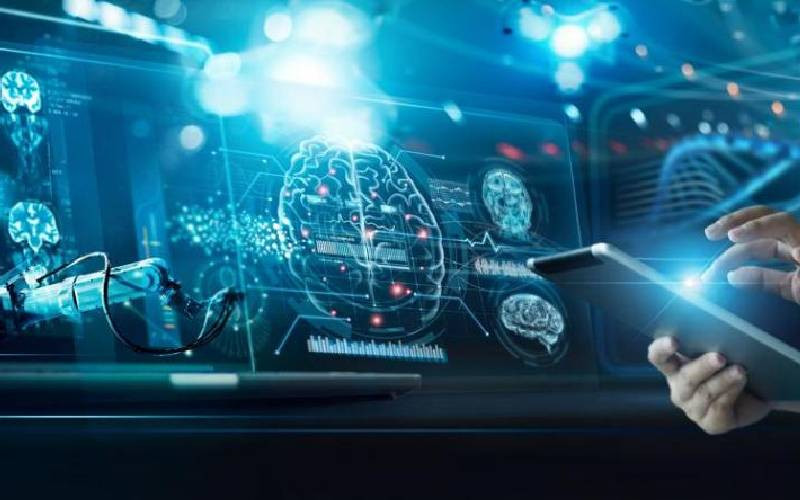×
The Standard e-Paper
Kenya’s Boldest Voice

Spending time among Mulot digital leaders in Bomet and African policy makers in Johannesburg days apart, has finally piqued my curiosity.
What are the possibilities and perils of artificial intelligence for Kenya and what guidance must we expect from the ICT Ministry Sector Working Group, announced last week?